Apple has their regular iPhone 11, then two higher-end "Pro" models. Samsung went the other way — they have the Galaxy S20 and S20+, then there's the S20 Ultra. But one thing these smartphone lines do have in common is the base model flagship. How do they compare?
Where the iPhone 11 feels like a true successor to the iPhone XR, the Galaxy S20 is much more than an S10e sequel. Samsung isn't cutting corners, as this phone isn't designed to affordable. But for the additional cost, you get a phone without compromise. And for the new decade, Samsung seems to be aiming to create the very best Android devices.
Comparison Chart

Jon Knight/Gadget Hacks
Where the Galaxy S20 Wins
Instead of a notch, you have a punch hole housing the front-facing camera, what Samsung calls the Infinity-O Display. The hole obstructs less of the screen, leaving more of the 6.2-inch Dynamic AMOLED 2X to enjoy. It has a higher resolution at 3200 x 1400, is HDR10+ certified, and supports up to 120 Hz refresh rate (although this refresh rate is available up to FHD+). There's no question this is the better screen.
The Galaxy S20 has a higher resolution telephoto camera (64 MP) capable of 3x optical zoom. It is also able to digitally zoom up to 30x, which should be genuinely useful in real life.
Using the rear camera, you can shoot up to 8K video at 24 fps. Slow-motion video is also better on the Galaxy S20 with the ability to shoot up to 960 fps (at 720p) for 1 second, the equivalent of 32 seconds of playback.
The Galaxy S20 has a larger battery at 4,000 mAh. You can charge faster, both wired and wireless, with support for higher wattage chargers. You can also use the Galaxy S20 to charge other devices wirelessly.
Two final wins are pretty major: the Galaxy S20 supports 5G out of the box, and you can expand its storage by up to 2 TB thanks to micro SD support.
Where the iPhone 11 Wins
At $699, the Apple iPhone 11 is one of the cheapest current-gen iPhones you've been able to buy officially from Apple in a while. It is also $300 cheaper than the Galaxy S20, which is a huge saving.
With the iPhone 11, you will always run the latest version of iOS (including all security patches) up to five years after the phone's release. Compare this to Samsung, which limits updates to two major software versions.

Justin Meyers/Gadget Hacks
Despite using fewer cores (six compared to eight), the Apple A13 Bionic is a more powerful SoC on both CPU and GPU performance — at least, according to most benchmarks. It is also incredibly power efficient, assisting in the iPhone 11 fantastic battery life.

Justin Meyers/Gadget Hacks
Biometrics are also better on the iPhone 11. Instead of the mixed results of the ultrasonic fingerprint scanner, you have Face ID, one of the best biometrics available on a smartphone.
Cover image via MKBHD/YouTube and Justin Meyers/Gadget Hacks






















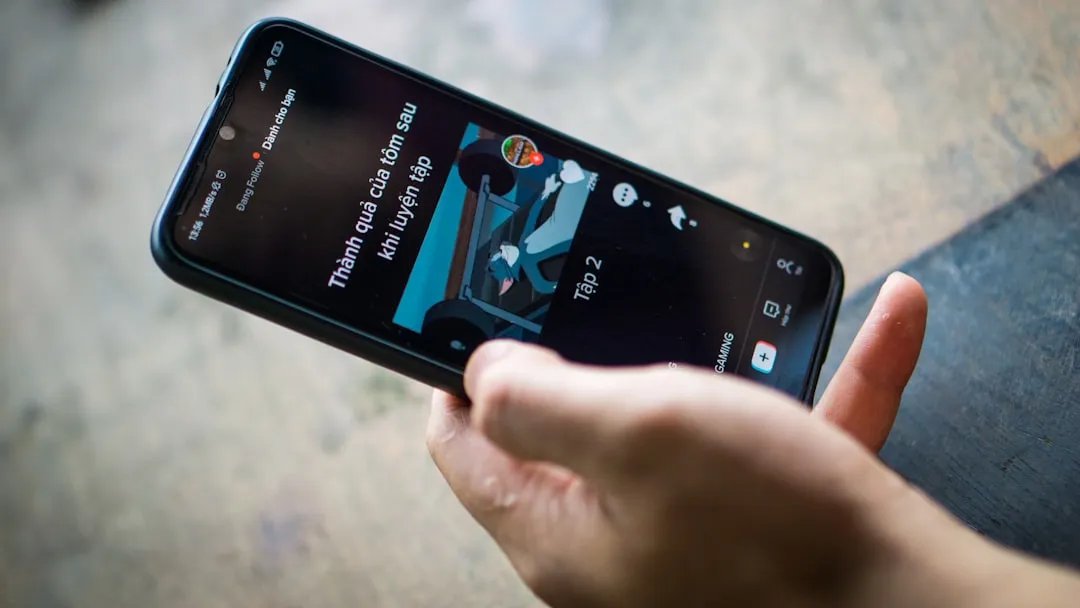
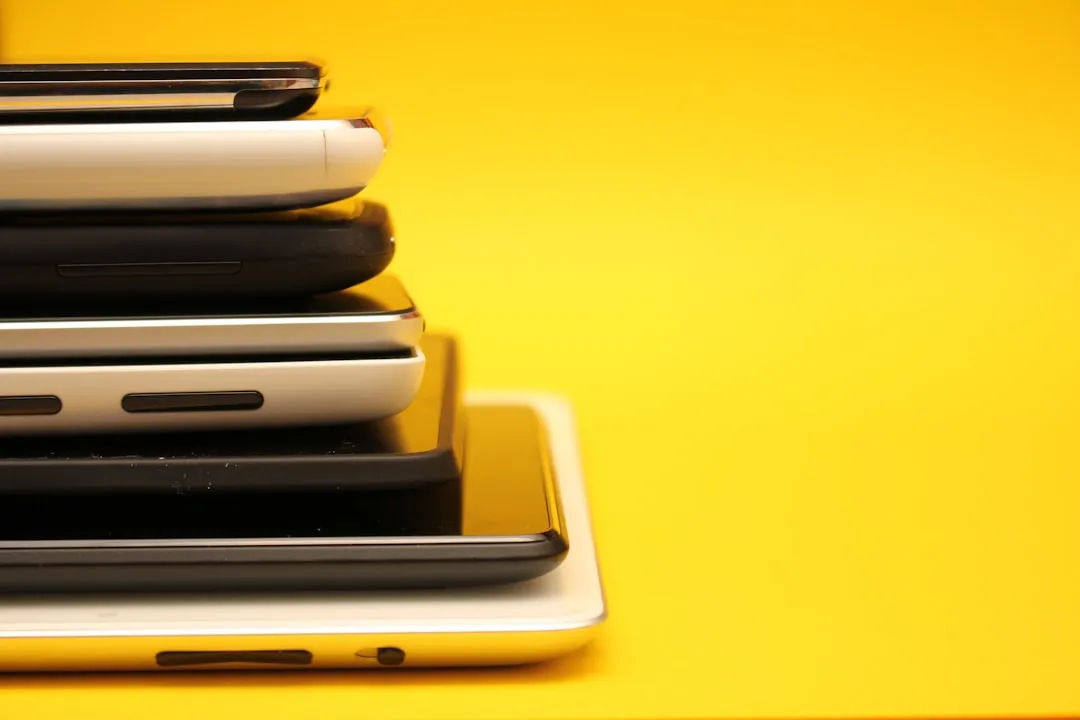

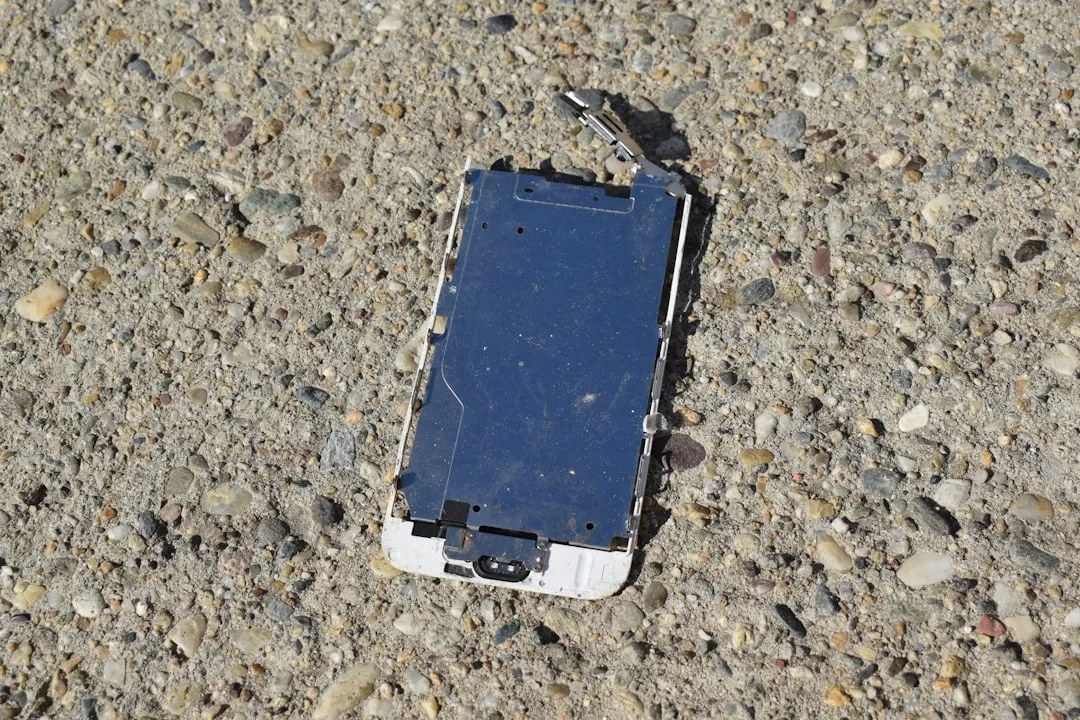
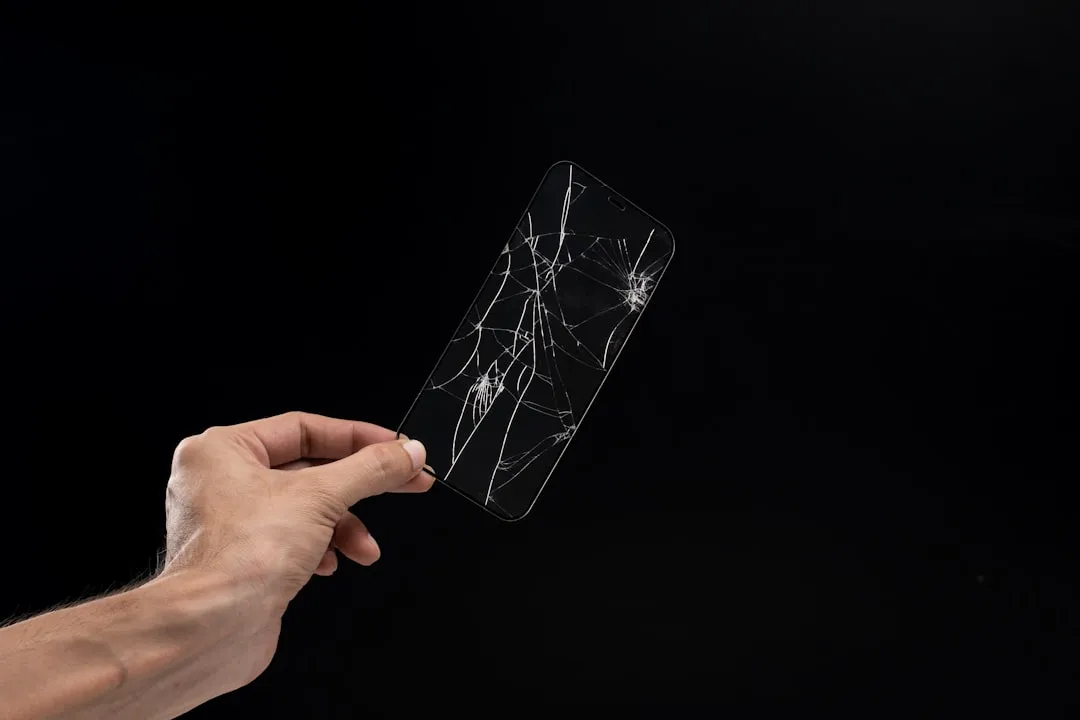
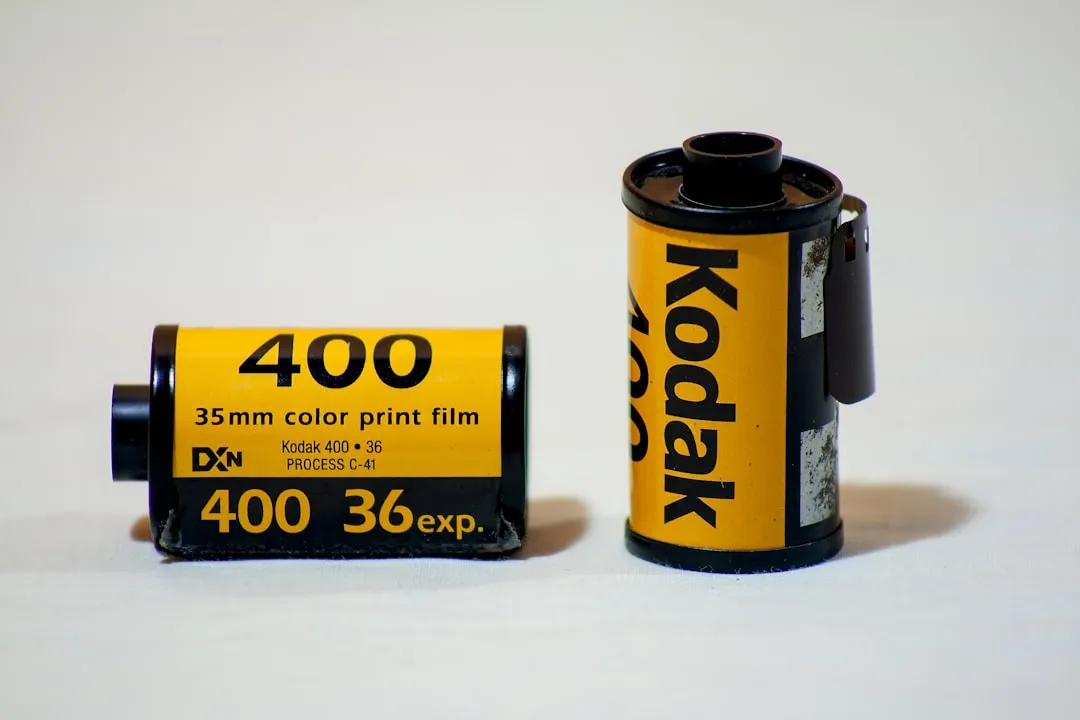
Comments
Be the first, drop a comment!